
The new Police National Database PND is now up and running. All of the 43 police forces can now easily and quickly share any information they hold, on a single platform.
This will not only include criminal records, but all that ‘intelligence’ that is so lovingly gathered by FIT teams at political meetings, rallies, protests and actions. You know the stuff – you’ve innocently nipped out to grab a coffee, but in the eyes of the FIT it has become so much more dramatic. ‘target x is carrying out a ‘reccy’ on Cafe Nero for potential violent direct action and criminal damage.....’
Jennie Cronin, Director of Databases at the National Policing Improvement Agency NPIA confirmed to ZednetUK that the database would include intelligence data on protesters;
"It is a matter for the police force [as to] what information they hold," she said, saying such information may be on the national database "if a police force feels it is important enough to have on their own system and feels it is important enough to share". She added, however, that anyone can make a request with their local police force to see if their details are on that force's systems.
Political activists will undoubtedly be reassured, knowing they will be able to check that the FIT aren’t making up tales of terrorism and riot. Or at least they might be, if it were true. For many, the experience to date has been that the various police forces are strangely reluctant to share their ‘important’ data with the individuals concerned. To give just one example, requests by four activists to get their personal data from South Wales Police have all been denied. Information was withheld ‘in the interests of preventing and detecting crime and disorder’.
It’s interesting how low down the pecking order the actual data subjects are. Supplied alongside one denied data protection request was a list of all the people the police would be happy to share the data with, ‘in certain circumstances’. These included security companies; local and central government; current, past and prospective employers; healthcare, social and welfare practitioners; licensing authorities; ‘partner agencies’ involved in crime and disorder strategies; private sector organisations working with police in anti-crime strategies; voluntary sector organisations and ‘approved organisations and people working with police’. Just about anyone, in fact.
So, not only can the FIT make subjective judgements which are then entered onto the database as ‘fact’, this data can now be shared with all 43 police forces on the PND. On top of that it can also be shared with your employer, housing officer, and private security firms like Agenda Security, the ‘extremism monitoring’ organisation which is the latest money-spinner for ex head of NETCU, Steve Pearl. A key role of Agenda Security is to stop political activists ‘infiltrating’ organisations, or to put it another way, to stop them getting a job.
Knowledge is power, and the PND provides the modern ‘intelligence led’ police force with more of both. The consequences for political organising can’t be good.
http://www.fitwatch.org.uk/



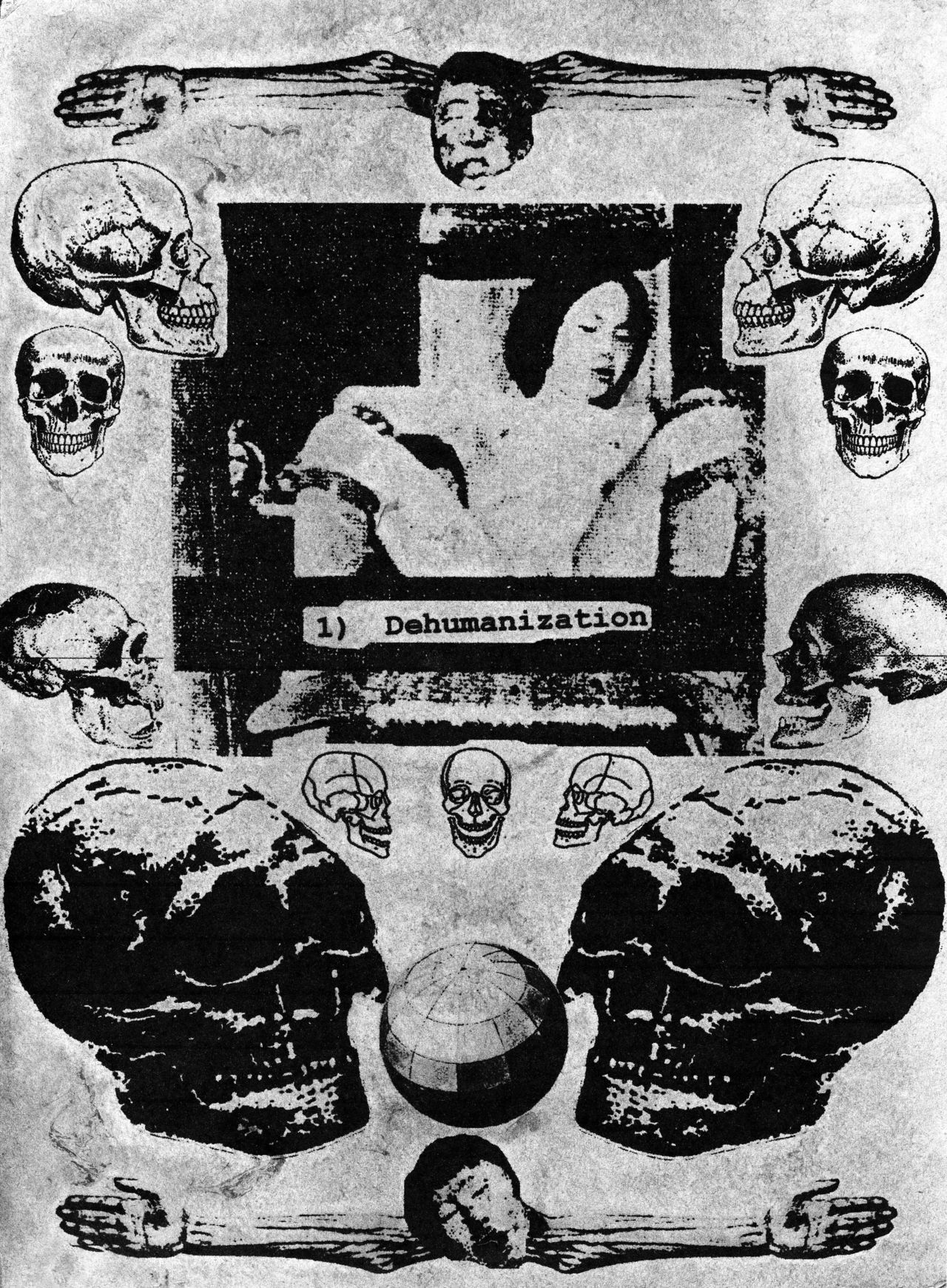



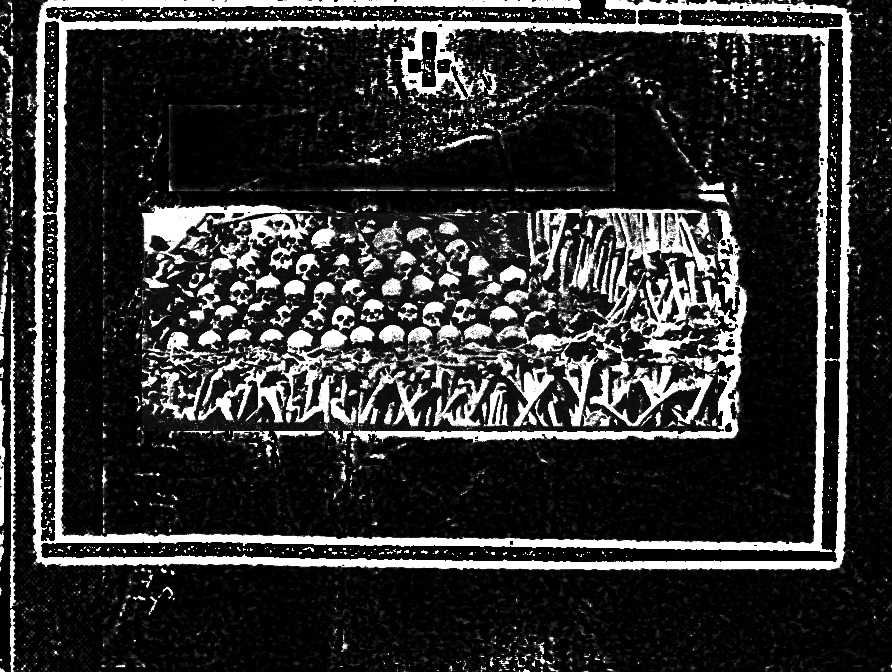
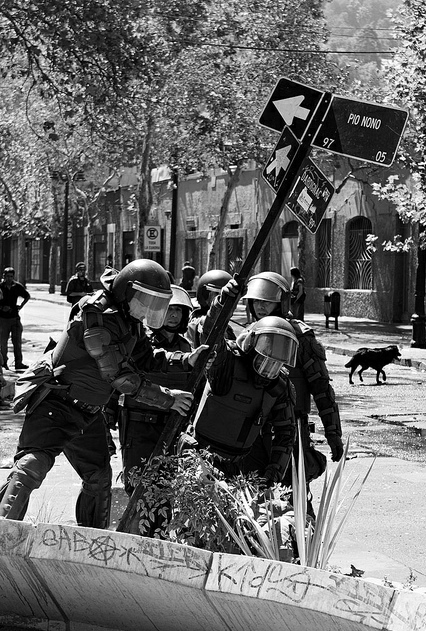





![Eurorepressione - Sulla conferenza a Den Haag sul tema "Anarchia" [corretto]](http://25.media.tumblr.com/tumblr_m0jvngOXtY1qa2163o1_1280.jpg)

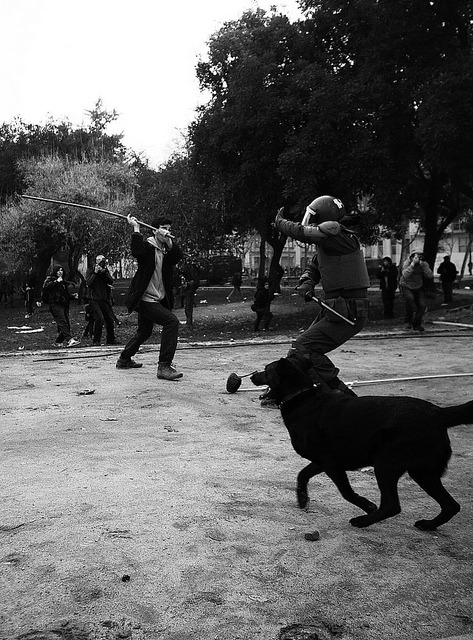
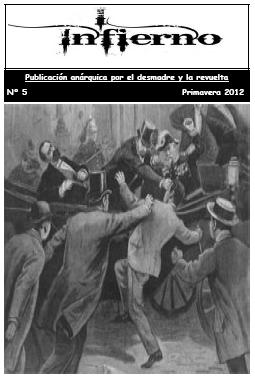

![A tres años de la Partida de Mauricio Morales: De la Memoria a la Calle [Stgo.]](http://metiendoruido.com/wp-content/uploads/2012/05/mmacividad.jpg)
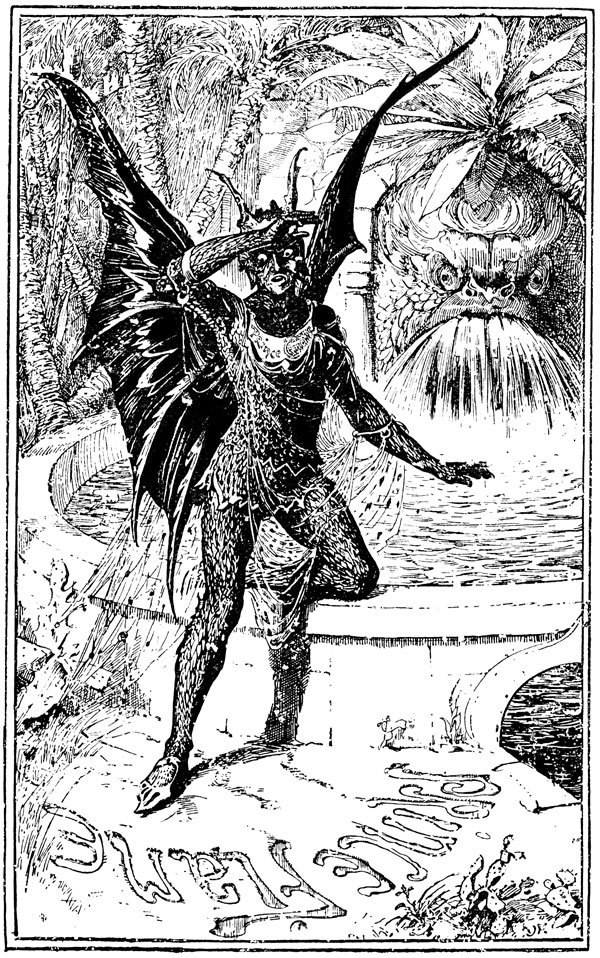




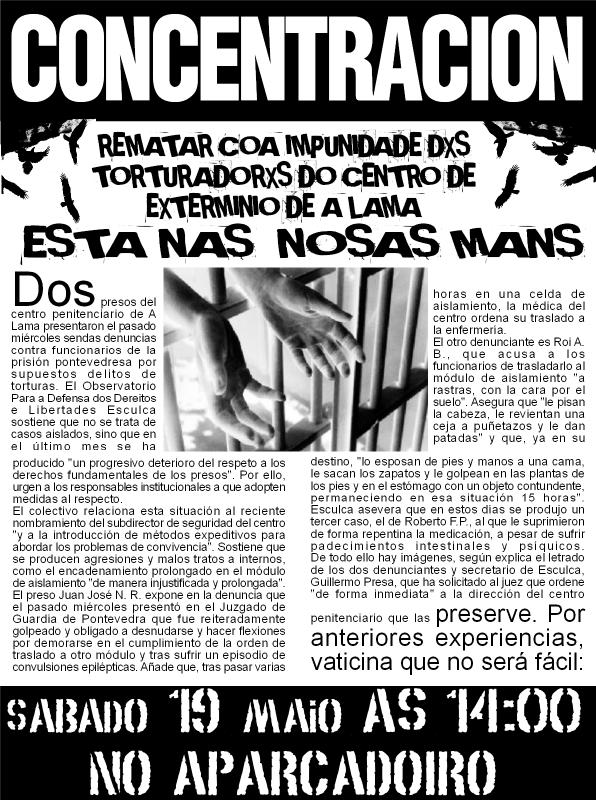




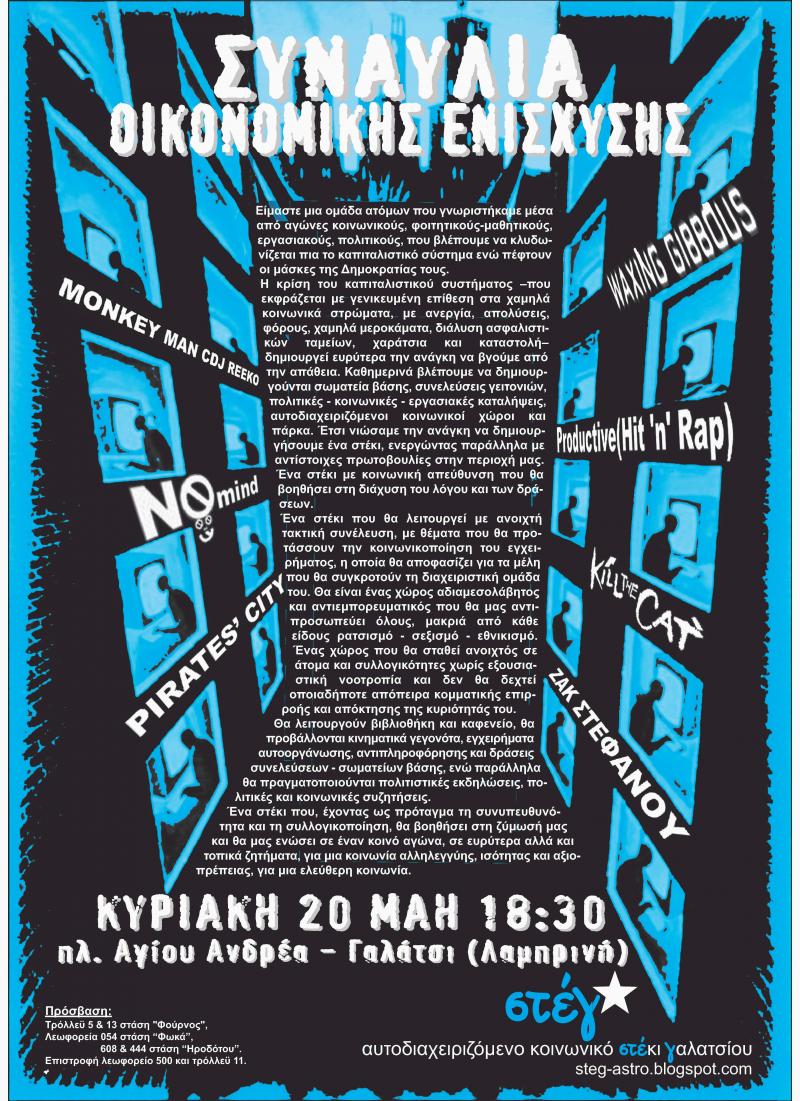








Nessun commento:
Posta un commento